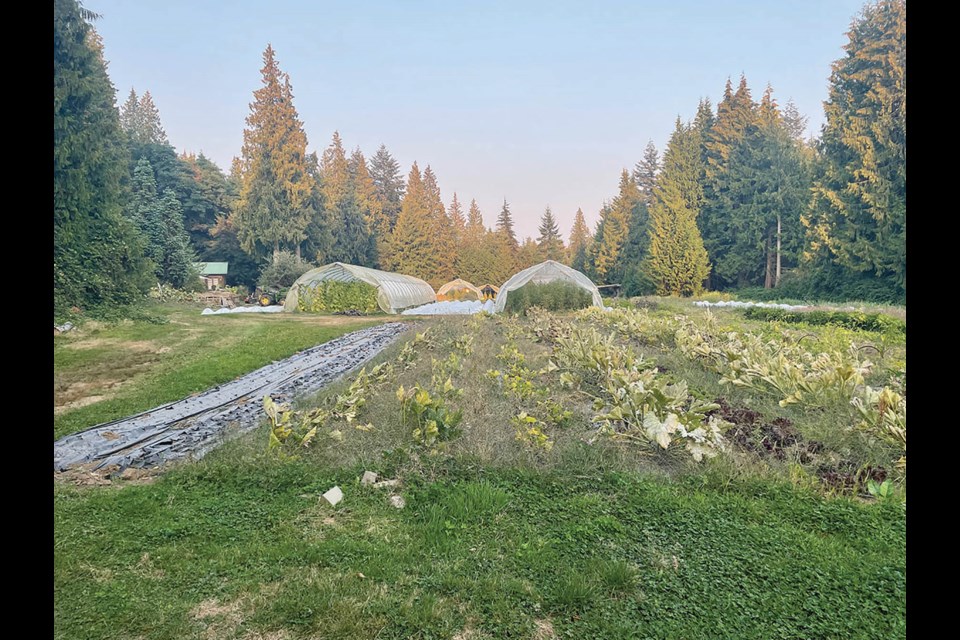Hey Elphinstone, it’s time to pop into the monthly Elphinstone Community Association meeting on Wednesday, Sept. 21 at 7p.m. on Zoom. We all want to return to in-person meetings in Frank West Hall where we can sit in uncomfortable chairs and suck back our decaf and baked goods together as a community, but the ECA has wisely decided with the expected uptick of COVID variants in the fall, they will continue on Zoom until January. The guest speaker will be Shirley Samples from Streamkeepers talking about invasive plant removal and replacing them with native species (condolences to the Himalayan Blackberry lovers), rain garden landscaping and an update on Streamkeepers’ activities here on the Coast. Our recently acclaimed SCRD director Donna McMahon will also be there, so come out to congratulate or interrogate her as she gears up for her second term. “We have so many areas where action is needed but our hands are tied,” she said of the last four years, wanting this term to connect with both local and with senior levels of government to meet the challenges of the 2020s which have changed faster than policy and legislation can keep up with.
Speaking of changing policy in local government, maybe we’ve all noticed the effects of climate change sweeping the Coast? It’s getting a little Deep Purple with all this smoke on the water, fire in the sky, blood red moons and Stage 4 water restrictions.
Area E boasts some of the richest soils on the Sunshine Coast, growing food since before it was colonized. The jam produced at Howe Sound Cooperative Cannery on Henry Road won the British Empire Trophy in its first year of production, meaning everyone’s favourite recently deceased monarch herself had tasted food grown and produced right here in Elphinstone. Currently, the SCRD allows classified farms who pay standard commercial business rates for water a two-week exemption on Stage 4 restrictions. That’s two weeks to get our, ahem, “manure” in order to find our own water source before we are cut off. This is because farms are outdoor, and the restrictions currently apply to outdoor use only. Straight up, I come packaged with blatant favouritism for all things farm because I work at Henry Reed Produce, but in the name of compromise perhaps all businesses could fall under some limited restrictions, indoor and outdoor. These are restrictions which are necessary for oncoming emergencies.
Director McMahon alludes to this precarious balancing act saying, “while I am a big supporter of local food production, we have to make sure we have enough water for essential health and safety. Even one significant residential fire could use up a huge amount of water for firefighting.” But if the SCRD prioritizes sustainability and food reliance for our peninsula like their strategic goals state, something got lost in the plot (pun intended) because it’s just not working for the people growing food here.
Raquel Kolof of the Sunshine Coast Farmer’s Institute, an Area E resident, voiced her concern for “the ignorance of how soil-based food production plays a critical role in stewarding a healthy water cycle and how soil health sequesters carbon and mitigates climate change.” Kolof says, “The time for look-good feel-good farm theatre is over,” we need to update our policies and legislation. This June the Sunshine Coast Farmer’s Institute made an informative request to the SCRD, exempting qualifying farms from Stage 4 restrictions permanently, like indoor businesses. They were denied.
I would love to hear feedback, take suggestions on topics in Area E, and hear from residents of Elphinstone. Email me at [email protected]




.png;w=120;h=80;mode=crop)